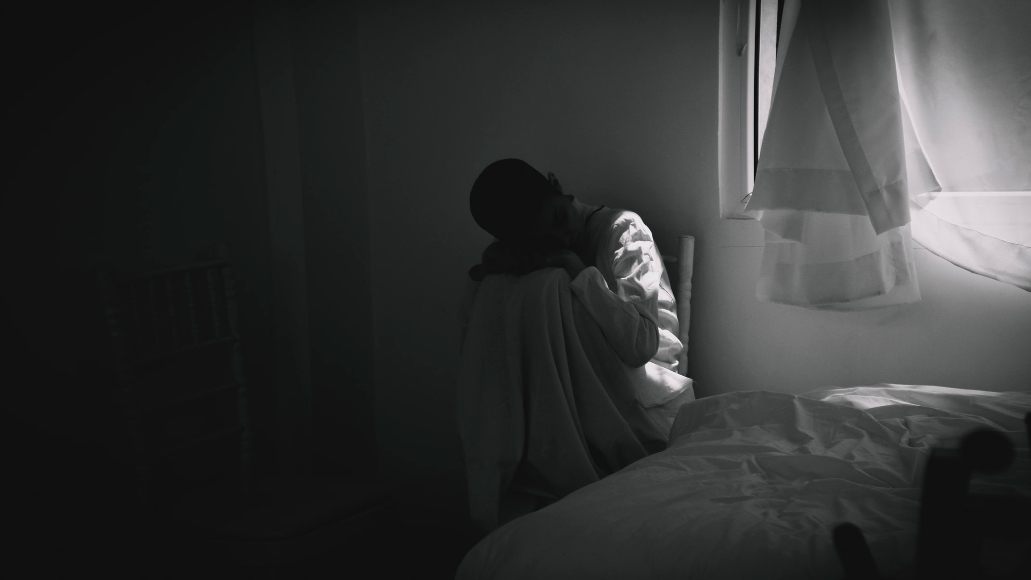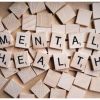
Types of Mental Health Issues Everyone Should Know About
Mental health is a general term used to describe one’s psychological and emotional well-being. If you have good mental health, it is likely to impact your personal relationships and work. It gives you the resilience to handle everyday stress and cope with difficulties.
There are various factors that may influence your mental health. However, the main ones are lifestyle, genetics, and general life events. You can improve your mental health by making the following changes:
- Eating a healthy diet
- Adopting healthy stress management skills
- Getting enough sleep every night
- Regular exercise
- Getting professional help when you need it
- Forming healthy relationships
Unfortunately, one in five adults in America gets a form of mental illness every year. One in five people aged 13 to 18 gets a mental illness at some point in their life. All mental illnesses are different and they vary in severity. One in 25 get a serious mental illness every year. Serious mental illnesses affect one’s ability to go on with their daily life. Here is a list of some of the most common mental health issues you should know about.
Bipolar Disorder
This is a chronic mental illness. Its symptoms include episodes of depressive lows and manic highs. About 2.6 percent of Americans get Bipolar disorder every year. It affects their ability to think clearly and reduces their energy levels. The mood swings that Bipolar disorder causes are a lot worse than what healthy people experience.
Social Anxiety Disorder
Social anxiety disorder is also known as social phobia. The mental disorder causes unbearable fear in social settings. It is one of the most debilitating disorders as it makes it difficult to meet new people, attend social gatherings, or talk to people. People with a social anxiety disorder may have felt powerless. They have an irrational fear of being judged by others.
Social anxiety may sound like shyness but it isn’t. It is long-term and can disrupt one’s life. It can affect your ability to hold a regular job, attend school, or form relationships. About 15 million adults in America have a social anxiety disorder.
Obsessive-Compulsive Disorder
OCD is a disorder that may affect anyone regardless of their age. It occurs when you get caught up in a cycle of compulsions and obsessions. Obsessions are intrusive and unwanted urges, images, or thoughts that cause a feeling of immense distress. On the other hand, compulsions are behaviors that one engages in to reduce distress or get rid of obsessions.
Even though people with OCD may realize that their actions and thoughts are unreasonable, they can’t stop them. Over two percent of Americans get diagnosed with OCD in their lifetime.
Schizophrenia
Schizophrenia is a serious mental illness that may impair one’s perception of reality. Schizophrenia results in a combination of delusions, hallucinations, disordered actions, and disordered thinking. It can impair the patients’ ability to carry out daily tasks and connect with others. People with schizophrenia need lifelong treatment to manage the symptoms. About one percent of Americans have schizophrenia.
Persistent Depressive Disorder
This type of depression is also known as dysthymia. It is intense and affects 1.5 percent of adults in America every year. The symptoms of persistent depressive disorder go on for a minimum of two years.

Post-Traumatic Stress Disorder (PTSD)
This mental illness is triggered by witnessing or experiencing traumatic events. You can get PTSD from being in extreme events like national disasters and war to seemingly common events like road accidents. The symptoms of PTSD include:
- Panicking when you think of the disorder
- Unexplained anger
- Vivid flashbacks of the traumatic event
- Physical sensations like nausea, sweating and trembling
- Nightmares
- Inability to concentrate
- Relying on alcohol and drugs to avoid memories of the trauma
Major Depressive Disorder
Major depressive disorder can trigger feelings of extreme hopelessness and sadness for a minimum of two weeks. It is also known as clinical depression. If you have clinical depression, you may struggle with suicidal thoughts. Other signs of clinical depression include feeling guilty, having trouble making important decisions, continuous sadness, and low self-esteem. The physical symptoms include low self-esteem, constipation, low energy levels, disturbed sleep, and low sex drive. About seven percent of the American population has at least one episode of clinical depression every year.
If you have been diagnosed with a mental health issue, there are many possible treatment options. The most common ones are medications, lifestyle changes, home remedies, psychotherapy, and mental health therapy. The treatment you receive depends on the type and severity of your condition.

















